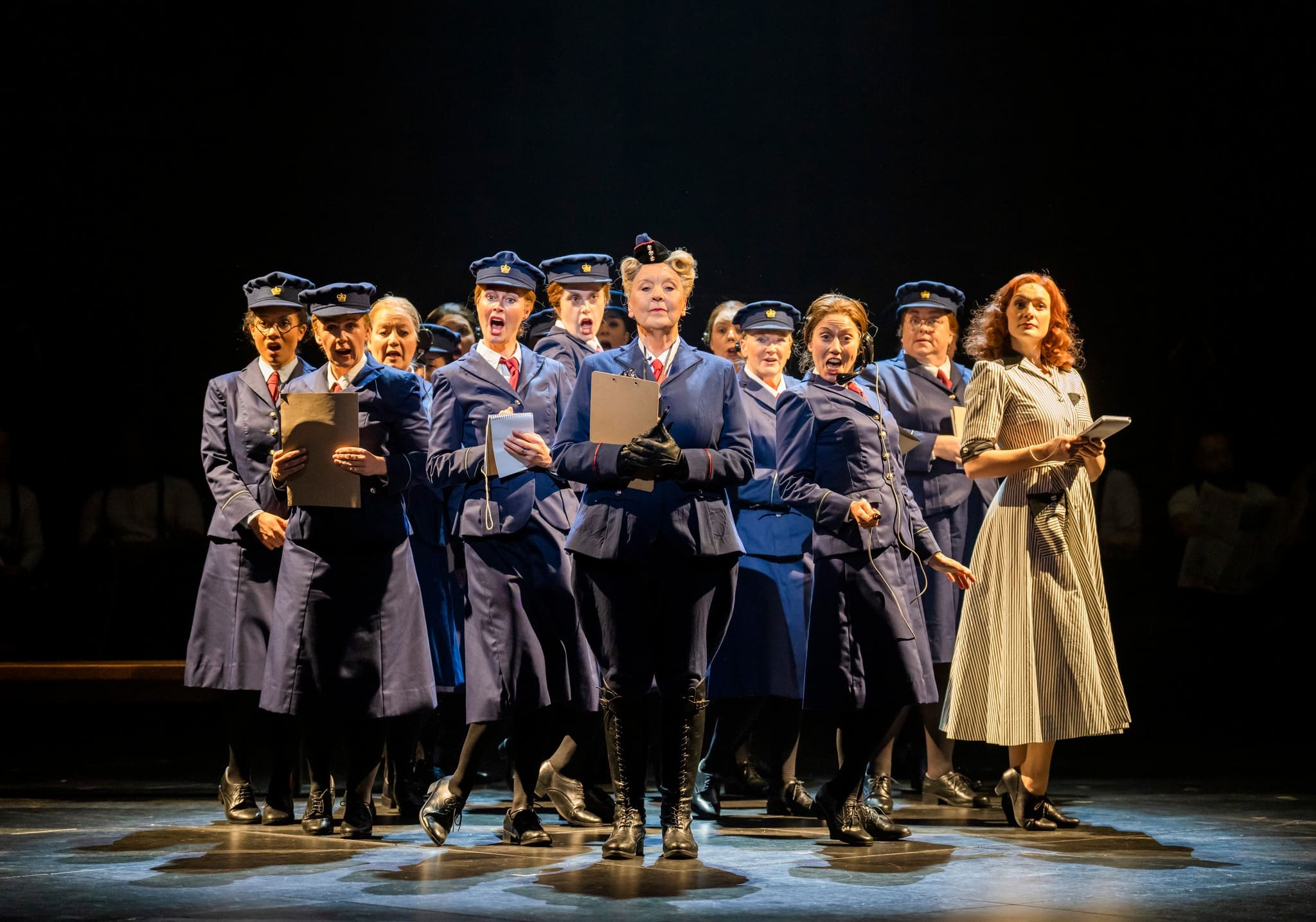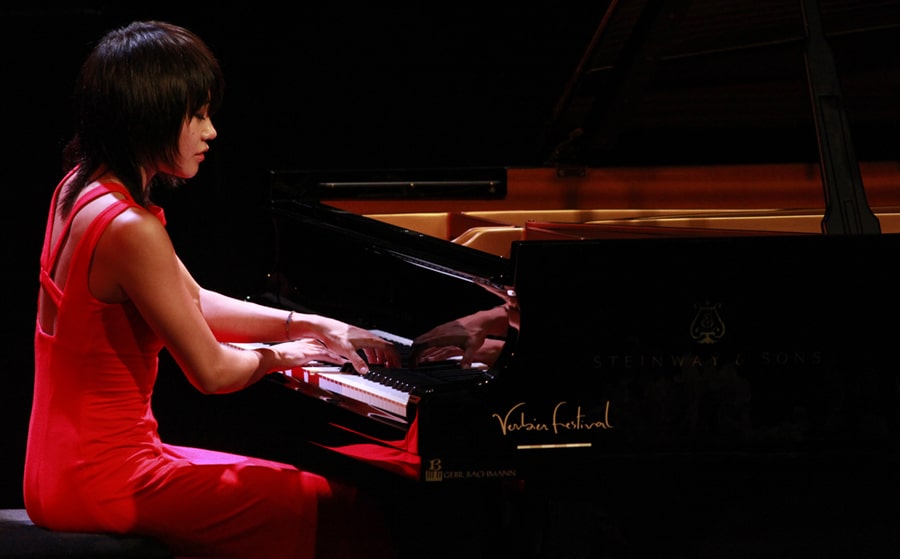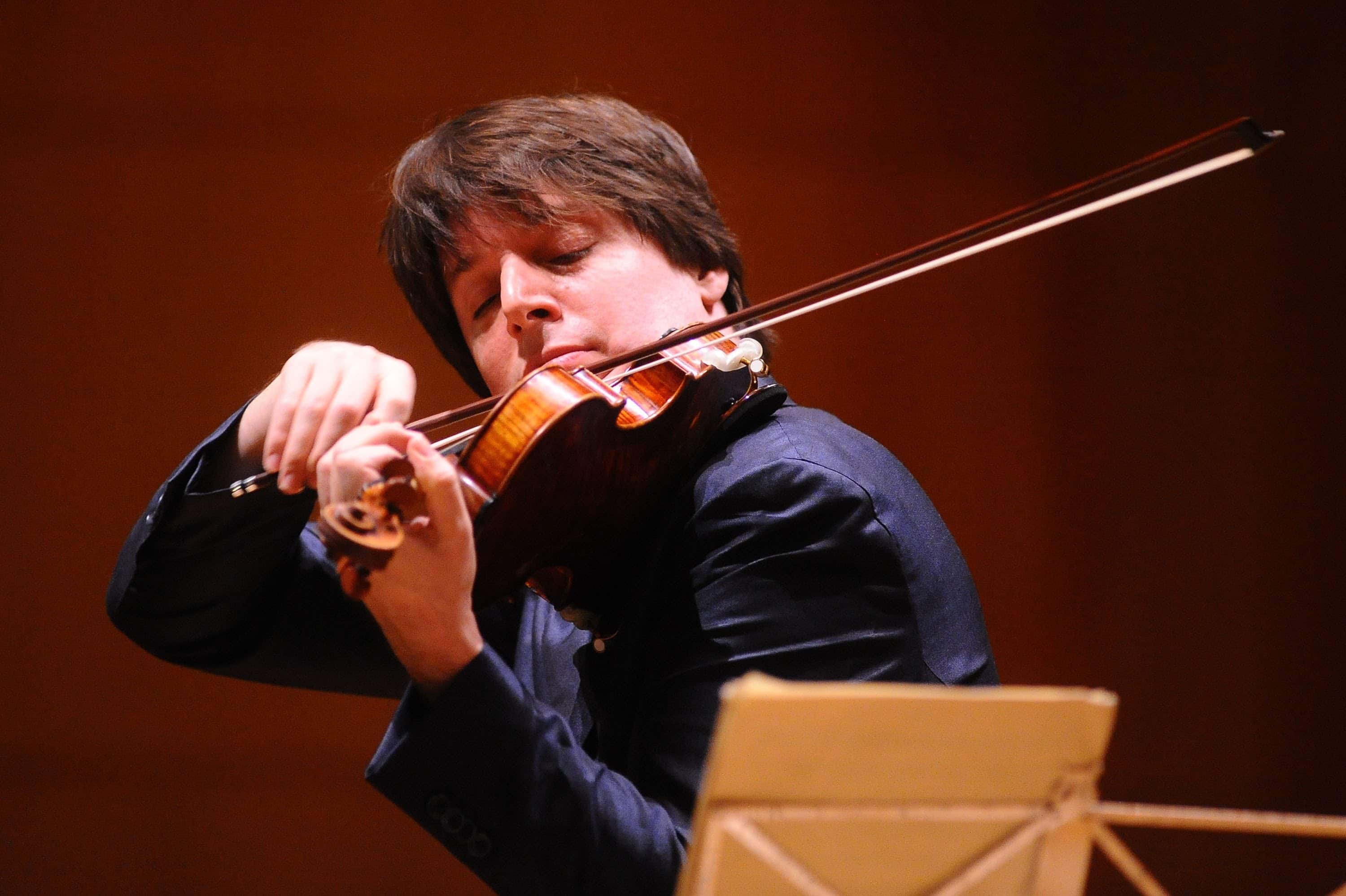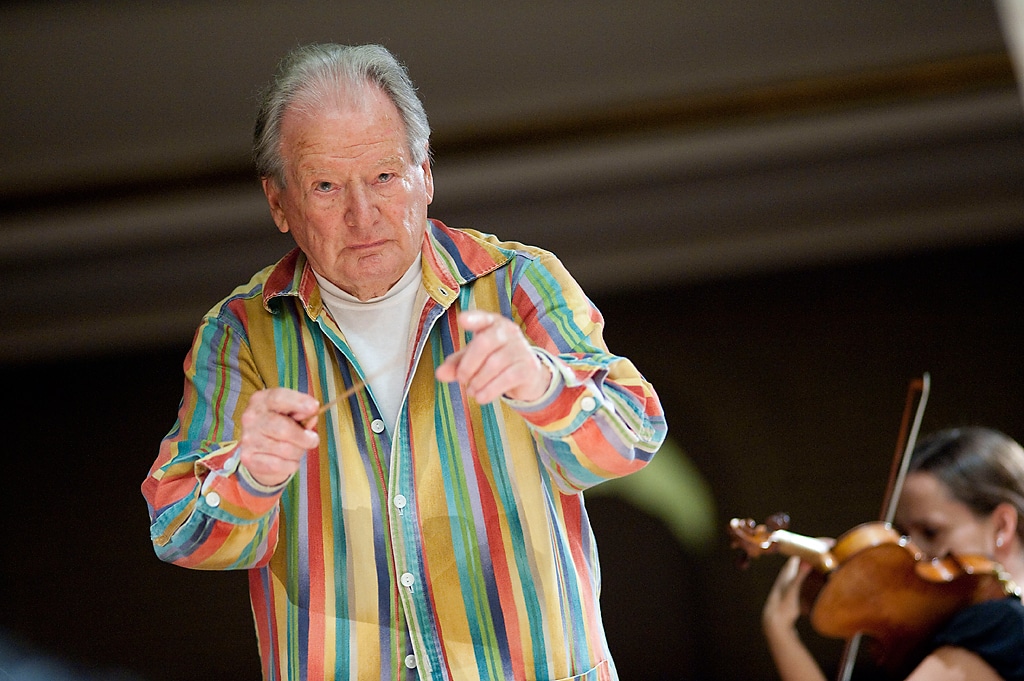First review: Story goes stale in ENO’s sorry Yeomen
NewsEnglsh National Opera is about to lears its fate from Arts Council England. Alastair Macaulay has a first rviews of last night’s new Gilbrt and Sullivan production:
The Yeomen of the Guard English National Opera
Alastair Macaulay
From a distance, the comic operas of Gilbert and Sullivan may seem formulaic. They’re all about aspects of public and private duty, while their late-nineteenth-century music is steeped in early-nineteenth-century styles from Rossini to Mendelssohn. Plenty of people dismiss them as minor-league: which reminds me of a fascinating dictum by the late David Vaughan, critic of dance and film: “Somehow, when people say ‘Oh, it’s minor art, I know I’m going to enjoy it.”
Each G. & S. opera, however, shows both G. and S. tackling some new challenge, some particular difficulty. The Yeomen of the Guard (1888) has a special kind of pervasive melancholy: it juggles poignancy and absurdity at the same time, while evoking the many layers of English history, tragic and comic, connected to the Tower of London. The character of the street entertainer Jack Point is related to several Shakespearean rogues and clowns – he’s obviously steeped in Shakespearean tradition – but the striking way in which he returns in the finale, excluded from the happy ending by his possessive sorrows – is a unique feat (Shakespeare got Jacques, Malvolio, Autolycus, and other disturbers of the peace offstage before resolving his comedies). It’s enduringly and especially tricky to bring off this role in each production.
English National Opera’s new production of this work, directed by Jo Davies and designed by Anthony Ward, begins with black-and-white film footage (video design by Andrzej Goulding), updating the action to the mid-twentieth century. Jack Fairfax, the hero condemned, has been accused of spying; Alec Douglas-Home (Conservative prime minister of 1963-1964) is one of the faces glimpsed in the newsreel. So we begin this Yeomen with an interestingly off-kilter feeling. What’s the revisionist new story being told here?
In the event, however, any such anachronistic adjustments scarcely matter. Although costumes and hairstyles are early-1960s or earlier – skirts end just beneath the knee – they soon seem harmless: agreeably quaint.
The plot and atmosphere of The Yeomen create their own world. In the final scene outdoors, with ravens visibly flying around the White Tower, the opera’s dark/light anguished/jolly historic/modern moods all make the right rich tapestry. The actor Richard McCabe, experienced in the Shakespearean roles that the makers of this opera had in mind, doesn’t quite solve the role of Jack Point. He alone is obviously miked, his singing is often flat, and his comic touch too often feels stale. And yet it’s so clear that he respects this opera’s atmosphere that he never clashes with it; and he’s always a vivid performer.
The pleasures and rewards of the evening accumulate steadily. Chris Hopkins conducts a large cast idiomatically, even though the work includes several idioms. Three performers stand out: the tenor Anthony Gregory (Colonel Fairfax) and the soprano Alexandra Oomens (Elsie Maynard) as the romantic leads, and Susan Bickley in the near-caricature role of Dame Carruthers. Oomens supplies the most distinguished singing, with a bright, full tone; she’s also a touching, lively performer. Gregory’s voice is tighter, but he always sounds the tender, romantic notes tellingly: the good-humoured ones too. Bickley plays her senior role with amusing composure and dignity, distorting neither the dame’s femininity nor her diction.
During several of the most dramatically suspenseful scenes, Kay Shepherd gives the guards nutty but tiny dance routines: notably little tap sequences. Marvellously, in ways not unrelated to Morecambe and Wise, these highlight the oh! so English amalgam of solemnity and absurdism.






The rather mean-spirited headline of this piece appears to bear no relation to the actual content of the review. Given your previous on the subject of ENO (not to mention SBC), I presume this is deliberate.
Is there any arts organisation in London that you actually like?
The playing of a newsreel, complete with voiceover, on top of what is generally regarded as Sullivan’s finest overture, pretty much drowning it out, it a massive mistake. It would have worked before the overture, or between the overture and “When maiden loves”, but definitely not on top! Can you imagine doing the same to a Wagner, Verdi or Rossini overture? Complete lack of respect.
yes, if you must do this kind of thing, don’t ruin the music!
Is the conductor Chris Hopkins asleep on the job? Allowing talking over the overture? FFS.
What a shame when under-qualified music staff are promoted – over qualified conductors – to make their own poor MD look better.
Chris is a very good conductor and an excellent musician. You’re showing your ignorance, I’m afraid.
Another sub-standard PC production under the pathetic leadership of Harry Brunjes, Stuart Murphy and that boring artistic director – whatever her name was. Finally today the ACE serve some justice to the long ineptitude of Harry Brunjes and his corrupt bully CEO, Stuart Murphy. Finally, their utter lack of qualification and total lack operatic knowledge close this poor, now embarrassing company. I hope they are proud for driving this company – along with their humiliating MD, Martyn Brabbins – to death. Perhaps the ACE should pay more attention to the qualifications of Chairmen and Women they appoint in the future. We all knew, years ago, that Harry Brunjes was an inept tiny man for this job. And his hiring of that equally tiny man, Stuart Murphy, only shows how mediocrity breeds mediocrity. (Martyn Brabbins.) Good riddance to them all. Ps – Sue Bickley, time to hang up those tired, hoarse boots. Go with grace.
I’m really surprised you haven’t used the word “woke”. Your comments are ungracious at best and downright pathetic at worst. Didn’t you like the joke about Brexit?
This sounds rather marvellous actually, but particularly poignant given the recent funding news. Here in Australia our national and state opera companies appear to have given up on G&S, preferring the apparently more obvious charms of musicals. A shame really, and I do wonder if musicals naturally lead people onto trying out a bit of opera in the same way that G&S have traditionally done; that was certainly my pathway many long years ago now.
This appalling disrespectful show timely demonstrates why ENO is being held to account.
This G&S classic is a disgraceful travesty of what it should be and shame on the production team (particularly the conductor/MD) for allowing this awful reading of the operetta to be seen on any stage ever.
Mind you, the Mancunians who know and respect their opera & operetta won’t easily accept such shoddy performances either if that’s where ENO end up?
I agree entirely. If you choose 1953 have the correct costumes. Where there Guards with bearskins as opposed to warders? If you rewrite do it properly. I can’t remember anyone saying “Odds bodikins” (God’s body) or “kirtle” for instance. If Dame Carruthers had spoken and sung with an accent it might have been more believable.
Though a well-loved work the inconsistencies are more apparent in a rewriting. Who worked as a tormentor at the 1953 Tower, was publicly hanged on the Green?
Gilbert seems to have confused the King’s Guard which the young Leonard could have joined (to Henry Vlll: “with a view my King of pleasing”) & the retired soldiers “This the Autumn of our life”
I’ve done a faithful translation of the French drama “Don César de Bazan” to which Gilbert was indebted for certain details. Not just the heavily veiled bride (Gilbert: blindfolded). He knew French from his studies in Boulogne so he could have had it in his library. The play was performed in English also in the operatic version “Maritana” but the Massenet version is probably better than the latter & “Yeomen”. Unlike Secretary Poltwhistle the villain (Don José) appears!